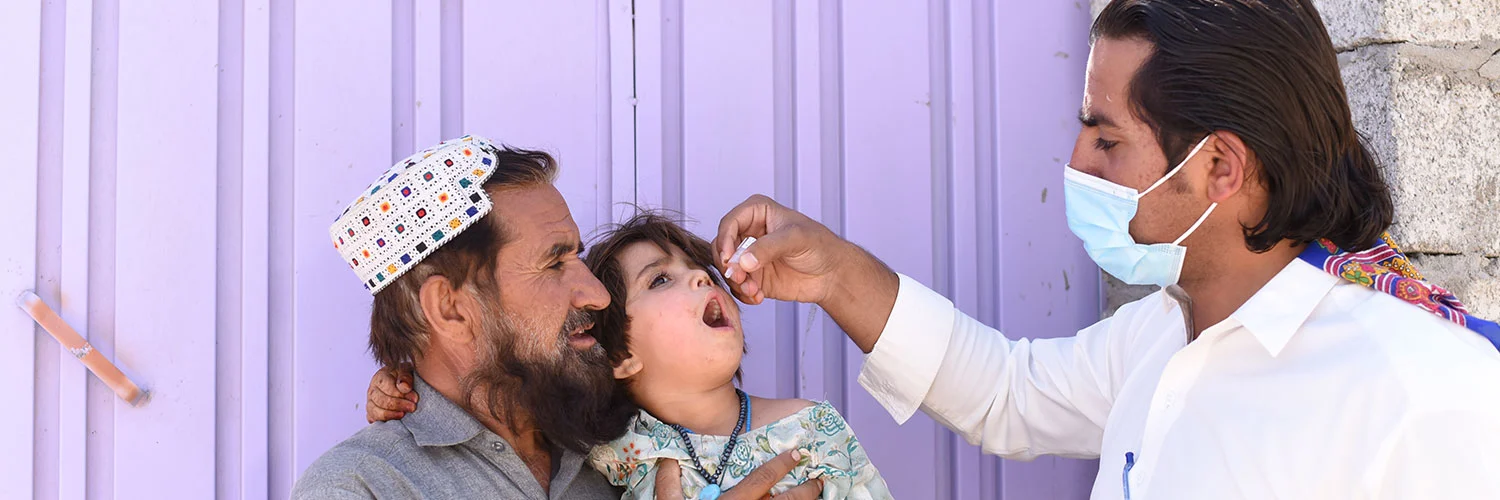Polio Update – Islamabad – March 22, 2024
Poliovirus found in six sewage samples
Six sewage samples from five districts of the country have tested positive for wild poliovirus type 1 (WPV1).
The Regional Reference Laboratory for Polio Eradication at the National Institute of Health has notified the National Emergency Operations Center for Polio Eradication that WPV1 was found in two sewage samples taken from Karachi Keamari, and one each from Hyderabad, Multan, Quetta, and Faisalabad collected between March 4 and March 5.
All six samples contain the YB3A poliovirus genetic cluster, which disappeared from Pakistan in 2021, remained in circulation in Afghanistan and was reintroduced through cross-border transmission in January 2023.
In a statement, Federal Secretary for Health Iftikhar Ali Shallwani said polio is an incurable disease with devastating lifelong effects, which primarily affects children, and the only way to protect them is repeated vaccination with the oral polio vaccine.
He urged parents and caregivers to always open their door to polio vaccinators who bring the vaccine to their doorstep and ensure that children are up to date on all routine vaccinations to ensure improved immunity to fight off infections.
The Pakistan Polio Programme has already conducted two nationwide polio campaigns, vaccinating more than 43 million children under five in January and more than 45.1 million children in February. Meanwhile, a vaccination campaign will begin from March 25 in 26 districts to vaccinate over 8 million children and another campaign is planned for the end of April.
So far this year, two polio cases and 71 positive environmental samples have been reported, all of them belonging to the YB3A cluster.
Note:
Polio is a highly infectious disease caused by poliovirus mainly affecting children under the age of five years. It invades the nervous system and can cause paralysis or even death. While there is no cure for polio, vaccination is the most effective way to protect children from this crippling disease. Each time a child under the age of five is vaccinated, their protection against the virus is increased. Repeated immunisations have protected millions of children from polio, allowing almost all countries in the world to become polio-free, except for the two endemic countries of Pakistan and Afghanistan.
For further information, please contact: Ms Hania Naeem, Communications Officer, NEOC,
Contact No:+923431101988
Email: This email address is being protected from spambots. You need JavaScript enabled to view it.

